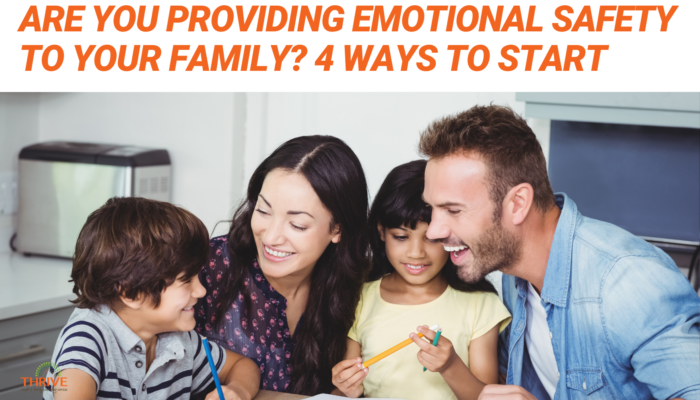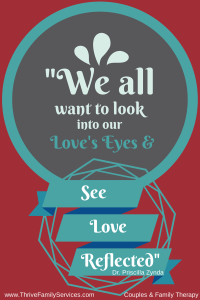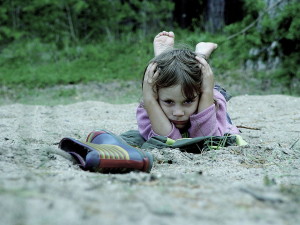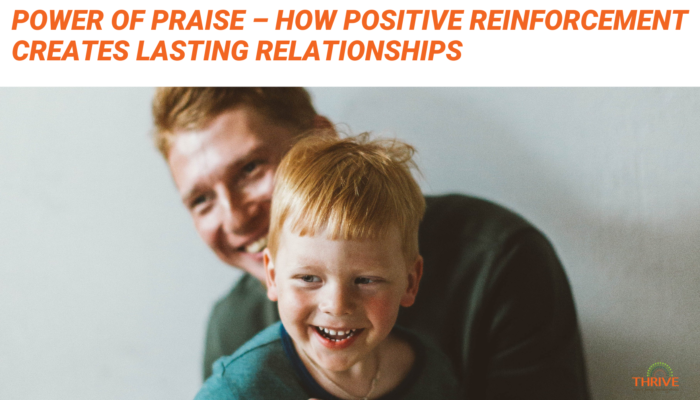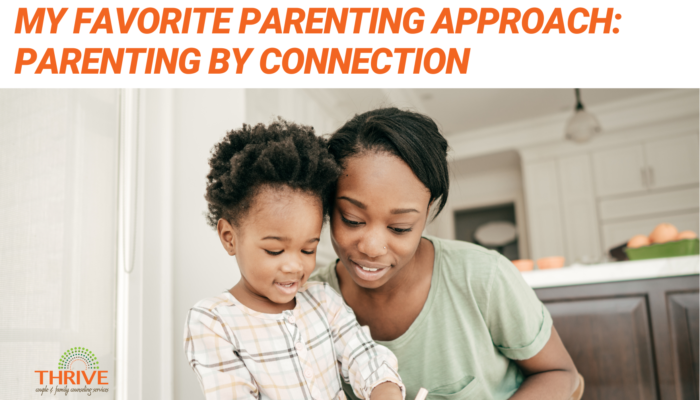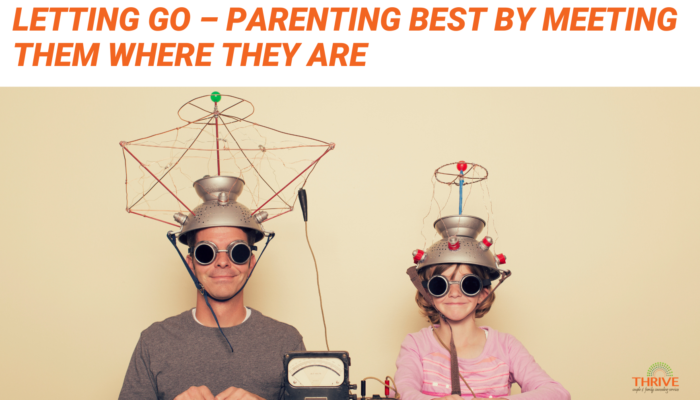What is Emotional Safety?
In therapy sessions, we talk a lot about emotional safety. We know that to use name-calling, threats or mean words causes hurt, fear and feels emotionally unsafe. But beyond that, we might not know how to provide emotional safety to the people we love the most. Perhaps we get confused because when we think “safe” we think about being physically safe—we don’t think as much about feeling emotionally safe.
Daniel Hughes in his book Attachment Focused Parenting explained that
“To feel emotionally safe encapsulates an attitude towards one another that cherishes and invites the development of one person without hurting the development of the other.
Why do we need Emotional Safety?
We all need a safe place and safe people around us where we can relax, cry, laugh, and hope. We all need a place where we can express our thoughts, feelings, dreams, intentions, and beliefs and not feel afraid of being judged, laughed at, criticized, or ignored.
Once we experience that safety and secure attachment—especially as children—we are able to take more risks, be more creative and lead happier lives. As one of our Emotionally Focused Therapy mentors, Dr. Priscilla Zynda, says, “We all long to look in our love’s eyes, and see love, pride and joy reflected.” However, if children fear being criticized, they will start hiding parts of themselves they expect will be rejected or diminished by their parents.
Hughes came up with an acronym called PACE, which explains to parents how to create the emotional safety essential to healthy development.
Emotional safety is something that both children and couples alike need. When we feel emotionally safe and know that our loved one cherishes us and invites our development, we thrive. We need and long for emotional safety our whole lives.
Both parents and couples who we see in counseling can benefit from learning how to develop PACE for emotional safety.
Creating Emotional Safety in Four Ways: P-A-C-E
P-PLAYFULNESS
When was the last time you had a good, genuine, belly laugh with your child or partner? When did you and your child last “lose yourselves” in a fun game where you forgot for a few minutes about problems or things needing to be done?
Laughter and play are antidotes to shame and fear. Laughter and humor create memories and experiences that enable both parents and children to better manage future conflicts.
One way to be playful is to laugh at yourself and model to your children that life doesn’t have to be taken so seriously. I don’t know about you, but I love that idea! We invite playfulness and deter perfectionism and shame when we can show our mistakes and find humor in them.
If you can intentionally start to play more with your children, you will notice it becomes easier to address misbehavior. When we are playful, children are less defensive and more willing to accept responsibility for their behavior.
Next time you see your child watching TV instead of helping with chores, you could say “Wow, we must be living in a magical home—TV turns itself on and dishes will clean themselves. Let’s sit together on the couch and watch the magic happen.” Just a side note here…. don’t confuse playfulness and humor with sarcasm! We are playing when we’re shooting for a laugh. We are manipulating with sarcasm to get them to do what we want.
Grownups need to play with each other too! When we can play and delight in our partner, we communicate our love and commitment to them.
A-ACCEPTANCE
It is easier to accept your child (or your partner) when they are excited, joyful, scared or sad. The real test, however, starts when we practice acceptance while dealing with an angry child. Hughes said that at the core of developing and maintaining acceptance of a child is the habit of perceiving your child beyond the behaviors—separating who your child is from his/her behaviors and choices. For example, instead of saying: “I cannot believe you hit your brother again!” practice saying: “You must be really angry at your brother… hitting him is not the best choice.”
Communicating unconditional acceptance when your child is angry might be one of the hardest things for parents. In fact, the biggest obstacle of doing so is parents’ own judgments and fear about their child’s behaviors. We get angry when we become afraid or judge the behavior of our child.
But to be angry is a normal, healthy human emotion. To learn to suppress anger is neither possible, nor healthy. What we do with our angry feelings can make all the difference, but we want to accept anger as the normal, healthy emotion that it is. We want to model for our children healthy, assertive ways of talking about angry feelings.
Parents, I want to give you a permission to take a Time Out if you feel like your anger might get in a way of effective discipline. The best acts of discipline are the ones that do not threaten the relationship or the child’s sense of self-worth. If you use natural consequences instead of punishments and stay away from assuming that your child is bad/lazy/selfish you will be on the right path.
C-CURIOSITY
Being curious will help you be more accepting of your child. I encourage all parents to take time to understand the meaning of your child’s misbehavior. Stay away from: “He just wanted to get away with it.” or “She was just was being lazy.” Instead, let’s practice being curious and ask “Why?” in the most nonjudgmental way possible. You can say: “Tell me more about what happened”; “What do you think makes that important to you?” or “What do you want to happen?”.
By being curious this way (instead of judgmental), we are creating a safe place for your kids to learn about their inner lives—their motives behind actions. Next time your child “loses” it when you say no to the extra video game or the play date, be curious about it. Maybe you will discover that your child feels ignored, lonely or doubtful of whether or not he/she is liked. Wouldn’t you “lose” it—in your own way, of course—if you felt one of these things?
Similarly, we can be curious with our partner. We don’t always know what our partner is feeling, even when we assume we do! Your curiosity and open-mindedness will feel like love and acceptance of your partner too.
E-EMPATHY
Ah, empathy! The world would be a better place for all of us if we had more empathy for each other. Empathy is when we understand and feel the feelings of the other person. If children (or partners) feel “felt” by parents, that stressful event becomes less. If we can get in sync with our distressed children or partners—let ourselves feel what they feel—our presence makes it easier for them to regulate whatever emotion they feel.
What is even more interesting is that our brains are wired to experience empathy for others! Empathy is a natural response to being with another person. You may ask then, “Why do I fail sometimes to feel empathetic towards my child or partner?”
Check out our blog post on how to have more empathy for your partner or spouse here.
Well, we fail because we often get distracted by problem solving, teaching, advice-giving, correcting, fixing or rescuing. When that happens, we are unable to stay present to the experiences of our child and partner. So next time your child tells you about being bullied, before you jump into problem solving, make sure that you create a safe place for him to feel sad and hurt.
Do you feel more aware and confident about creating an emotionally safe home? Maybe you want more examples of how to use PACE in your own home? If so, contact us! We would be happy to brainstorm more ideas with you. We are curious to hear your thoughts about this post, so feel free to leave me a comment! You can also buy Attachment-Focused Parenting by Daniel Hughes—after all, he came up with all of these wonderful ideas!
For Greenwood Village counseling, call 303-513-8975, X1, or schedule online at: Schedule Appointment
ABOUT THE GUEST AUTHOR: Marta Kem, LMFT provides Couples & Marital Therapy/ Counseling in Westminster. She uses Emotionally Focused Therapy (EFT) with couples.
References:
Hughes, D. A. Attachment-Focused Parenting. (2009).

